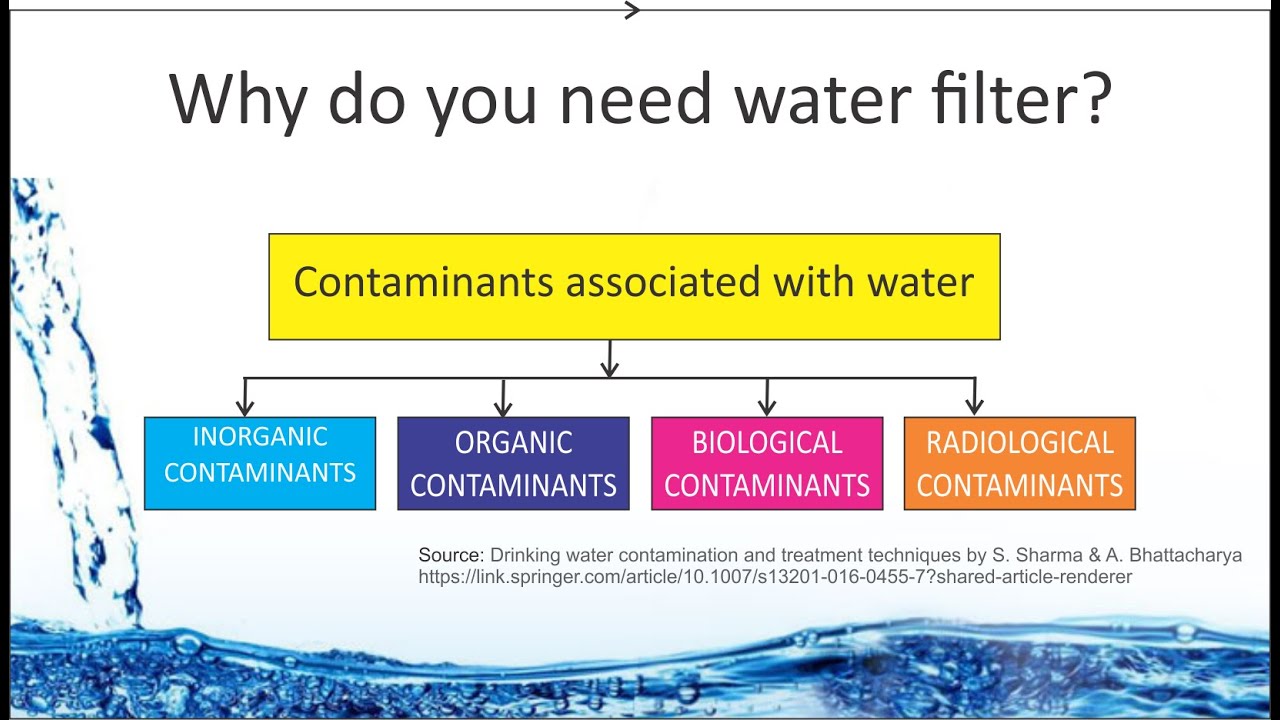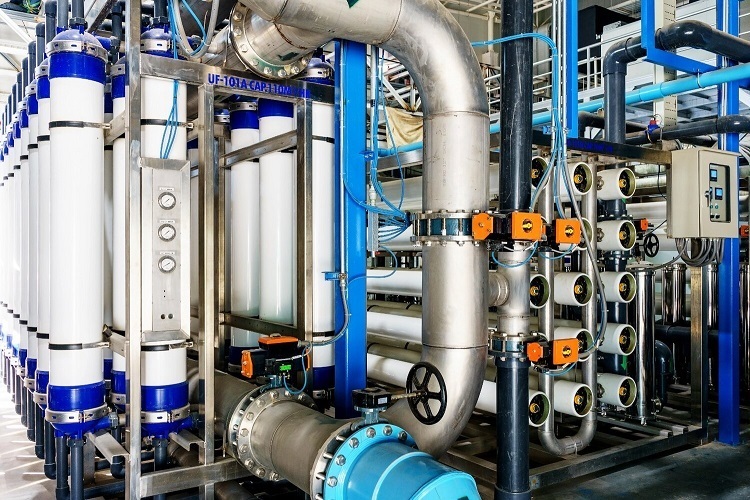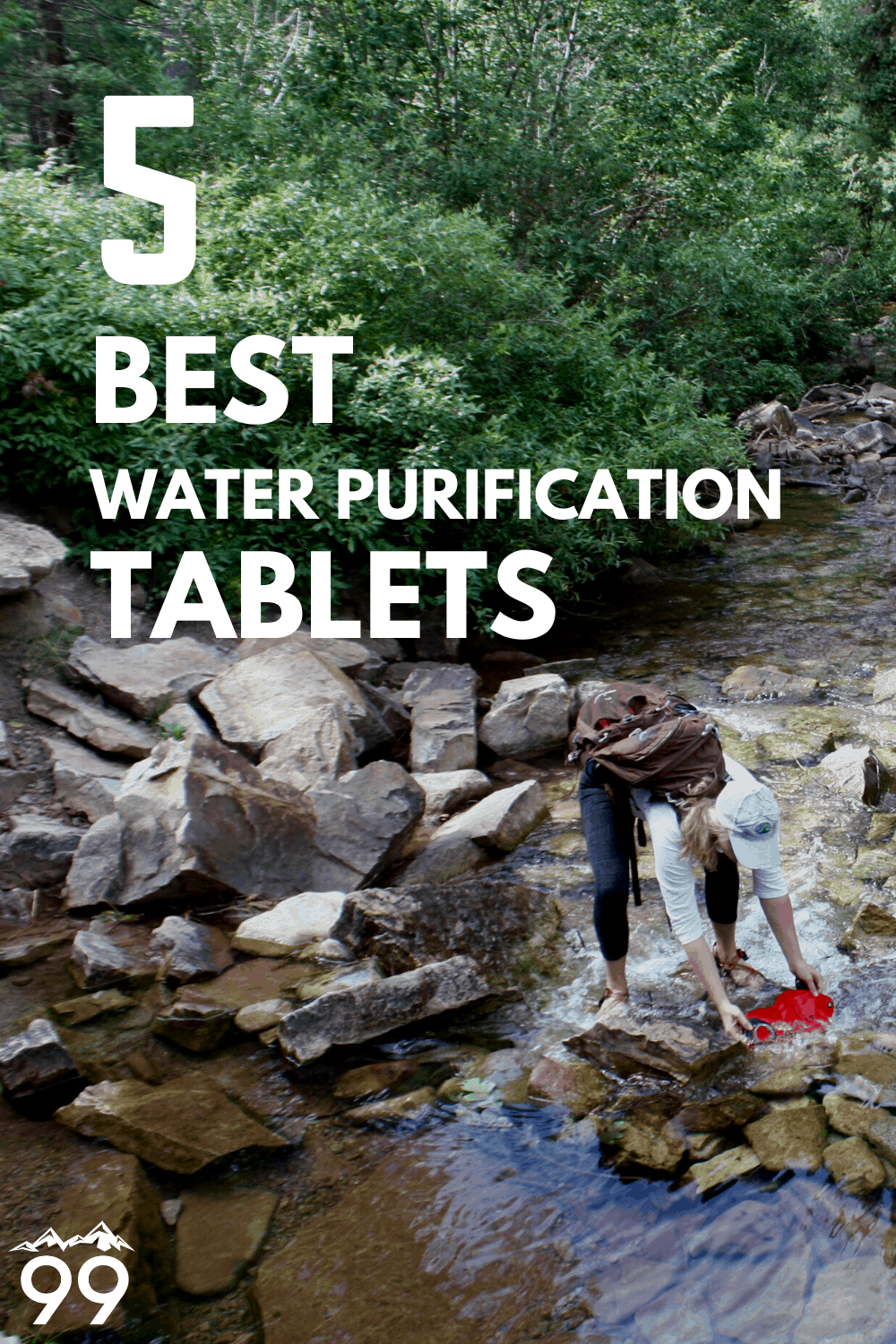1. Clean and Safe Drinking Water:

Water filtration removes impurities, contaminants, and harmful substances from water, making it clean and safe for drinking. It eliminates microorganisms like bacteria, viruses, and parasites that can cause waterborne diseases. Filtration processes ensure that water meets drinking water standards and guidelines set by regulatory authorities.

2. Improved Taste and Odor:

Water filtration can significantly improve the taste, odor, and appearance of water. Activated carbon filters, for example, effectively remove chlorine, chloramine, and other chemicals that can impart an unpleasant taste or smell to water. Filtration also removes sediment, rust, and other particles that can make water cloudy or discolored.
3. Health Benefits:
Consuming filtered water can have several health benefits. Removing contaminants like heavy metals, pesticides, and industrial chemicals can reduce the risk of developing various health issues. Fluoride, added during water treatment, helps prevent tooth decay and strengthen bones. Filtered water also provides essential minerals like calcium and magnesium.
4. Protection of Appliances and Plumbing:
Hard water, containing high levels of dissolved minerals like calcium and magnesium, can cause scale buildup in pipes, faucets, and appliances like water heaters and dishwashers. This buildup can lead to reduced efficiency, higher energy consumption, and even premature failure of appliances. Water filtration systems that reduce hardness can prevent these issues and extend the lifespan of appliances.
5. Environmental Impact:
Water filtration can contribute to environmental sustainability. By reducing the use of bottled water, which generates plastic waste, water filtration promotes conservation and helps minimize plastic pollution. Additionally, filtration systems that remove specific contaminants, such as heavy metals, can prevent these pollutants from entering the environment and contaminating water sources.
6. Emergency Preparedness:
In emergency situations, having access to clean water is crucial for survival. Water filtration systems, especially portable ones, can provide a reliable source of clean drinking water during natural disasters, power outages, or other emergencies where access to safe water is limited.
7. Reducing Consumption:
By improving the taste and quality of water, filtration can encourage people to drink more water, which is essential for maintaining good health. Adequate hydration supports various bodily functions, promotes overall well-being, and can help prevent dehydration-related issues.
8. Cost-Effective:
Over time, investing in a water filtration system can be cost-effective. The cost of purchasing and maintaining a filtration system is often less than the ongoing expense of buying bottled water or dealing with the potential health and appliance problems associated with low-quality water.










